So are you an economic missionary, or is this just something that you love to do?
It began as something that I love to do–and I think I am now starting to get a sense of it being a mission. People can use economics and they can use statistics and numbers to get at the truth and there is a real appetite for doing so. This is such a BBC thing to say–there’s almost a public service mission to be fulfilled in educating people about economics. When I wrote The Undercover Economist, it was all about my pure enthusiasm for the subject; the book is full of stuff I wanted to say and that is always the thing with the books: they are always such fun to write.
Do you think that people these days are generally more economically literate?
People are now aware of economics for various reasons. There are the problems with the economy–there is always more interest in economics when it is all going wrong.
Where is the border line in your new book between economics and sociology?
I don’t draw a border line, and particularly not with the new book. The Undercover Economist was basically all the cool economics I could think of and The Logic of Life was me investigating a particular part of economics. All of the references in The Logic of Life were academic economics papers that I had related–and hopefully made more fun.
This new book, Adapt, is very different. I have started by asking what is wrong with the world, what needs fixing, how does it work–and if economics can tell us something about that (which it can) then I have used it. And if economics is not the tool that you need–if you need to turn to sociology or engineering or biology or psychology–I have, in fact, turned to all of them in this book. If that’s what you need, then that’s where I have gone. So I have written this book in a different way: I started with a problem and tried to figure out how to solve it.
What specific subjects do you tackle?
To be a bit more specific, the book is about how difficult problems get solved and I look at quick change; the banking crisis; poverty; innovation, as I think there is an innovation slow-down; and the war in Iraq. Also, I look at both problems in business and in everyday life. Those are the big problems that I look at–and my conclusion is that these sorts of problems only ever get solved by trial and error, so when they are being solved, they are being solved through experimentation, which is often a bottom-up process. When they are not being solved it is because we are not willing to experiment, or to use trial and error.

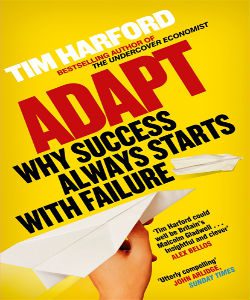

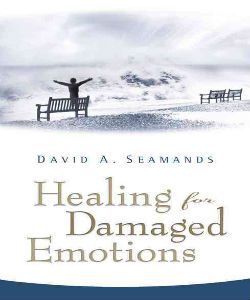
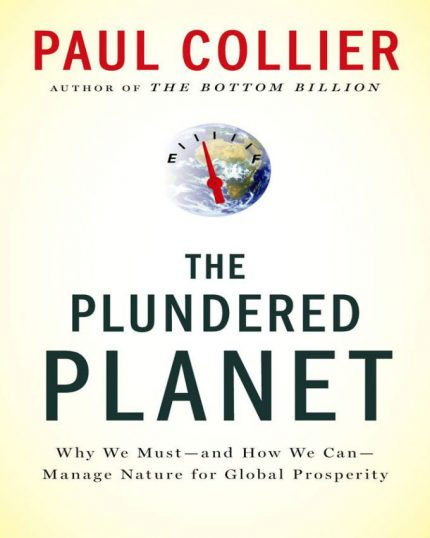











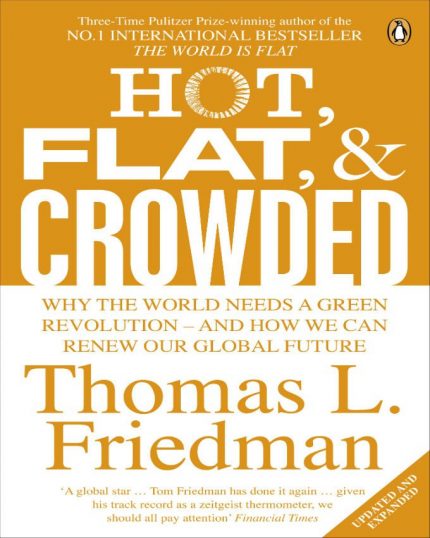





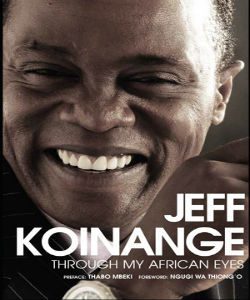


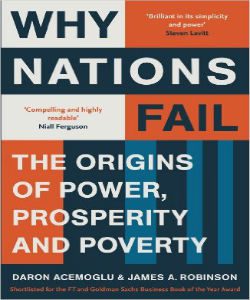














Reviews
Clear filtersThere are no reviews yet.